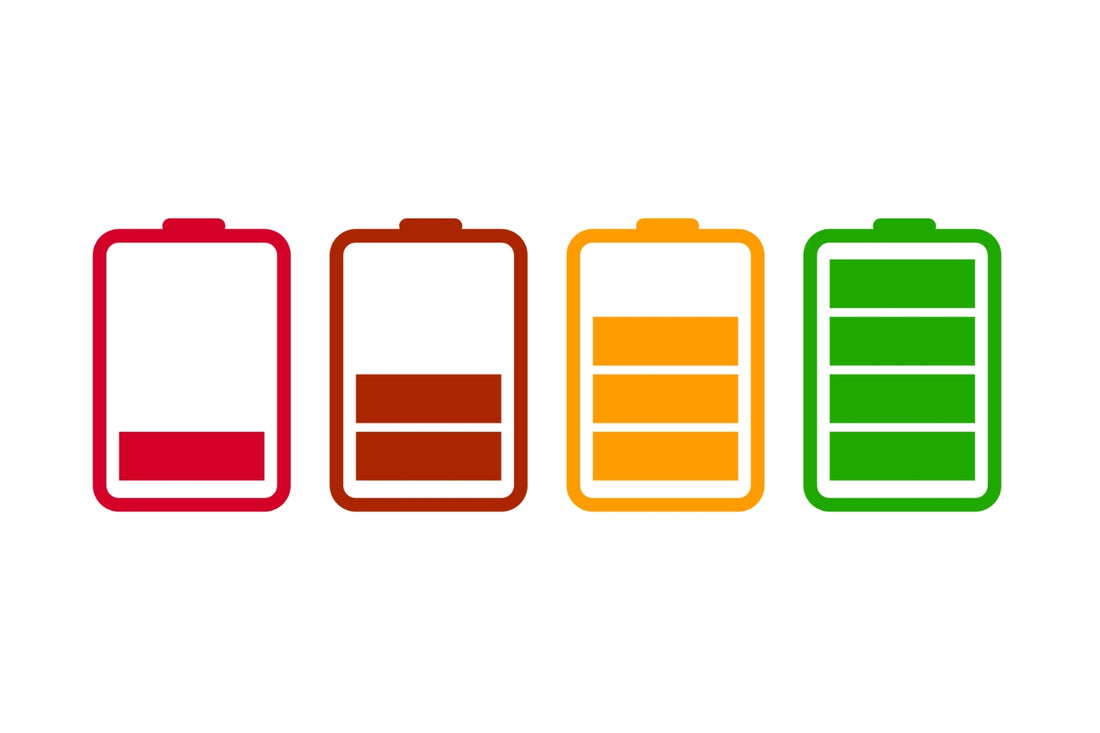Lithium-ion batteries have become increasingly popular in recent years due to their high energy density, long cycle life, and low self-discharge rate. These batteries have found applications in various sectors, including transportation, consumer electronics, and renewable energy. In this blog post, we will discuss the current status and future trends of lithium-ion batteries in the marine industry in the United States.

Current Status
The marine industry in the United States has been slow to adopt lithium-ion batteries due to safety concerns and high costs. However, with the increasing demand for cleaner and more efficient energy sources, the industry is now exploring the use of these batteries. Lithium-ion batteries offer several advantages over traditional lead-acid batteries, including higher energy density, longer cycle life, and faster charging times.
Currently, lithium-ion batteries are being used in small boats and yachts for auxiliary power and as a backup power source. They are also being used in hybrid propulsion systems, where they work in conjunction with diesel engines to increase fuel efficiency and reduce emissions. However, the use of lithium-ion batteries in larger vessels is still limited due to safety concerns and the lack of regulations.
Future Trends
The marine industry in the United States is expected to see significant growth in the use of lithium-ion batteries in the coming years. This growth will be driven by several factors, including:
- Increased demand for cleaner and more efficient energy sources
- Technological advancements in battery technology, including improved safety features and higher energy densities
- Government incentives and regulations promoting the use of renewable energy sources
One of the most significant trends in the marine industry is the development of fully electric vessels. These vessels rely entirely on battery power for propulsion and auxiliary power, eliminating the need for fossil fuels. While fully electric vessels are still in the early stages of development, they have the potential to revolutionize the industry by reducing emissions and operating costs.
Another trend in the marine industry is the development of hybrid propulsion systems that combine lithium-ion batteries with other energy sources, such as diesel engines or solar panels. These systems offer several advantages over traditional propulsion systems, including increased fuel efficiency and reduced emissions.
Conclusion
In conclusion, lithium-ion batteries are becoming an increasingly popular choice for marine applications in the United States. While their adoption has been slow due to safety concerns and high costs, technological advancements and government incentives are expected to drive growth in the coming years. The development of fully electric vessels and hybrid propulsion systems will revolutionize the industry by reducing emissions and operating costs.

